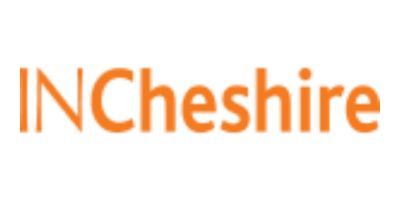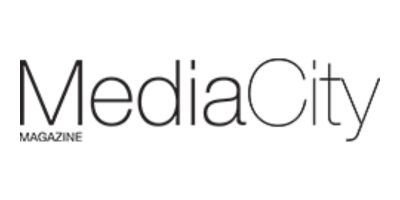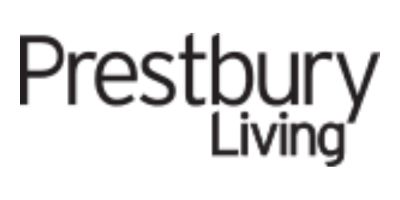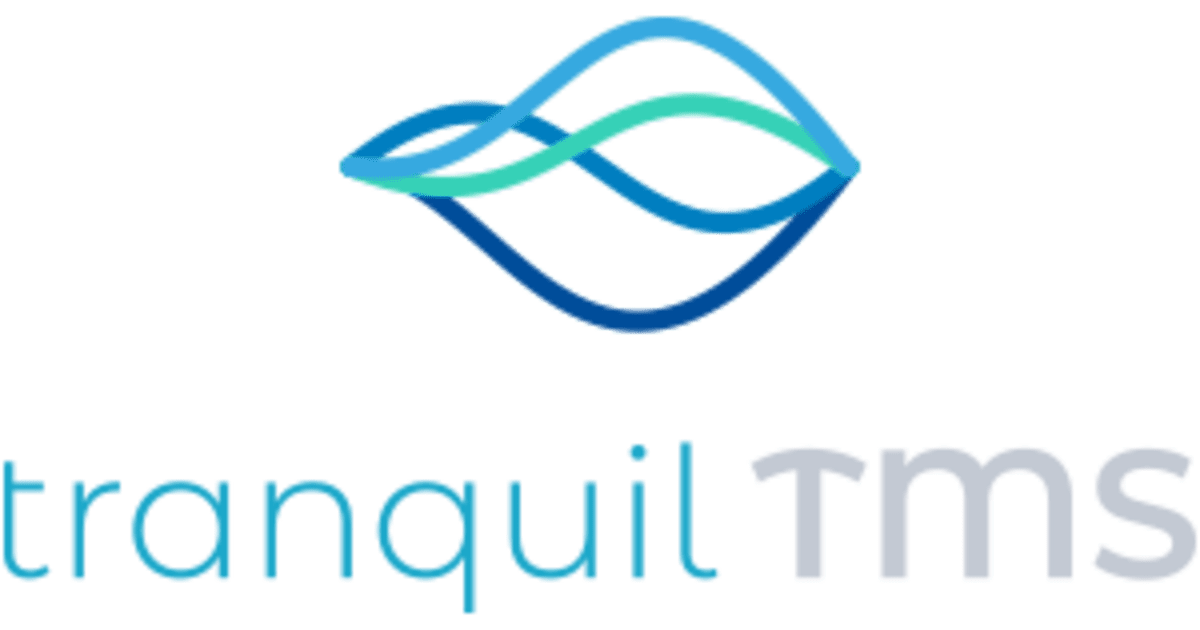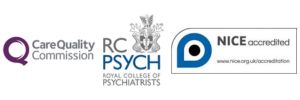rTMS Treatment For Anxiety
Are you ready to start feeling better? Schedule your free consultation today.
Embrace a life free from limitations: Say goodbye to the burdens that have held you back and experience the joy of renewed mental well-being. TMS therapy can improve your mood, boost your energy levels, and enhance your overall quality of life.

Painless, Immediate Relief from Anxiety
“The procedure is painless and results are immediate without the introduction of changes in medication. I was able to continue with normal activities immediately after the procedure such as driving.” Ms JT – Patient
We’re proud to say that Tranquil TMS is the longest running clinic of its kind in the North West of England
66.66% of clients respond well to treatment. This is higher than the success rate of anti-depressants for people with treatment resistant depression, which sits at 32%.
In-person or video consultations are available on the clients’ terms.
Experienced, highly trained and personable technicians with a wealth of knowledge in mental health treatments and therapies.
Generalised Anxiety Disorder (GAD)
GAD is a long-term disorder that makes you apprehensive about a variety of circumstances and difficulties rather than a single occurrence. People with GAD are anxious most of the time and can’t recall the last time they were relaxed. It affects 1 in 4 people at some point in their life.
Whilst traditional treatments with antidepressants and psychological therapies do provide benefits in 50% of people, a significant proportion of GAD patients do not respond adequately to such treatments.
To this patient group, treating anxiety with rTMS can offer a much-needed alternative. rTMS is a private treatment which can be used to treat anxiety.
rTMS works on brain circuits rather than simply modulating brain chemicals (neurotransmitters) as conventional antidepressants do and there is a good clinical evidence base supporting rTMS in the treatment of anxiety. Our clinic in Cheadle was the first centre in the North West for offering rTMS anxiety treatment to patients in Liverpool, Cheshire, Manchester and beyond.
As people we understand the person behind the Anxiety, as doctors we know how to help.
If you are suffering with Anxiety in silence ask us about rTMS treatment today.
0800 193 0914
Symptoms of GAD
Symptoms mainly fall into two broad groups:
Cognitive Symptoms
- Overthinking things
- Difficulty concentrating
- Feeling on the edge all the time
- Inner tension/turmoil
Physical Symptoms
- Palpitations
- Rapid heart rate
- Choking sensations
- Hyperventilation
- Sighing
- Butterflies in tummy
- Feeling nauseous
- Irritable bowel/bladder
- Diarrhoea
- Headaches
- Muscle stiffness
- Twitching
- Sensations of tingling or numbness
- Dry mouth
- Sweaty palms
Painfree
Non-invasive
Medication Free
No Change To Daily Routine
No Anaesthetics
No Sedatives
No Unwanted Side Effects
“I was concerned TMS would aggravate my stress headaches, but on the contrary, they have now disappeared completely. Also, the staff are lovely. Friendly, courteous and genuinely care about what they are doing. Highly recommended.”
Mrs PM – Patient
Causes of General Anxiety Disorder (GAD)
Genetic
Family history of GAD is likely to make you more vulnerable to experiencing symptoms yourself. Genetic loading can lead to 25% increase in risk of developing GAD.
Biological processes
Dysregulation of chemicals such as Gamma-Aminobutyric Acid (GABA) and depletion of Serotonin in the amygdala region of brain has been postulated in GAD.
Psychological factors
Being shy or an anxious person by nature can make you more vulnerable to experiencing GAD symptoms.
In certain individuals, difficult life events at any stage in life are likely to precipitate GAD.
Environmental factors
Exposure to prolonged stress can precipitate or predispose an individual to have GAD.
If you suffer from GAD symptoms and would like to find out if rTMS treatment at our Cheadle clinic could help, then please don’t hesitate to get in touch with the team at TranquilTMS today.

rTMS Treatment Journey
INITIAL ASSESSMENT
When you first visit us your consultant will ask for a full medical history. From there our specialists will be able to decide whether rTMS is an effective treatment for you. Your specialist will also use this time to discuss the treatment process with you, such as the duration of each treatment and how many may be necessary. We take the time to get to know our patients, in our opinion this is crucial to us helping you on the road to recovery.
TREATMENT SESSION
A great benefit of rTMS treatments is that there is no need for patients to make any preparations beforehand. Once you are settled in a comfortable reclining chair, a magnetic coil will be positioned just above your head. After carefully placing the plate to target the desired area, the machine will be turned on. Patients will remain awake, alert and pain-free for the entire duration of the treatment (20-30 minutes usually). This may sound rather scientific and potentially daunting however, our treatment is painless and very well received by our patients.
AFTER THE SESSION
There is no recovery period after an rTMS session, and you can resume your daily activities immediately. Some patients may feel mild scalp irritation or tingling after their first session, but this usually goes away on subsequent visits.
Why Choose Us?
At TranquilTMS we take a personal approach to our clients’ mental health and well-being. As doctors we understand the science behind our methods, but as people we understand the person behind the disorder and truly strive to improve that person’s life. If you are suffering in silence then we are here to listen, to talk and to help.
Treatment Options
- Psychological treatments like CBT have been shown to be helpful.
- rTMS – This is a non-invasive, medication-free treatment with minimal side effects which has shown good success rates in treating GAD symptoms.
- Medications – Selective Serotonin Re-uptake Inhibitors (SSRIs) and other antidepressants have also shown benefit in treating GAD.
Minimum 10 treatments (over 2 weeks) are required. Recent studies by Morris et al (Nov 2020) shows the response rates for rTMS were 59.71% on the GAD7 questionnaire, and 67.42% on the PHQ-9 questionnaire which were higher than the response rates for antidepressant medications .
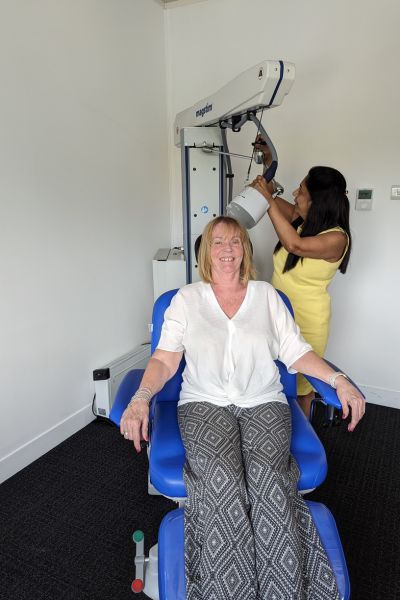
rTMS Treatment Fees
Online transfers, debit and credit cards are welcome.
After the initial consultation, you can make a case for coverage with your insurance company.
Initial Phone Consultation (20 minutes with a doctor): Free
In-person consultation (2.5 hours with a doctor): £450
Course of treatment: Bespoke to individuals based on history & severity (£180 per treatment).

Referral Process
We accept both GP and self-referrals. This means that you can contact us directly, and do not need a doctor’s referral to begin treatment. Some insurance companies can cover this treatment.
Frequently Asked Questions
How many sessions will I need?
TMS treatment is generally given 5 days a week for up to 4-6 weeks. The number of sessions needed for positive results is different for each person. This will be decided by the consultant and will be discussed at initial appointment.
What does a rTMS treatment feel like?
You may feel a tapping sensation on the area of your scalp underneath the plate, in rhythm with the magnetic pulses. Other than this, however, there are no physical sensations. Patients often choose to read, listen to music or rest during the sessions.
What is the difference between ECT and rTMS therapy?
Both ECT and rTMS are accepted treatments for depression and other mood-related conditions. One of the main differences, however, is that rTMS treatment is non-invasive and also does not require any anaesthetic. While there are a range of side-effects associated with ECT, only minimal side effects are related to rTMS therapy.
Is there a recovery period after rTMS session?
There is no recovery period after a rTMS session, and you can resume your daily activities immediately. Some patients may feel mild scalp irritation or tingling after their first session, but this usually goes away on subsequent visits.
What are the contraindications to rTMS?
Anyone with metal implants, aneurysm clips and coils, cardiac pacemakers, cardiac defibrillators, facial tattoos that may have magnetic ink or ink that is sensitive to magnets, implanted stimulators, metal implants in the ears or eyes, stents in the neck or brain, bullet fragments or shrapnel near the head. Contraindications also include epilepsy and other neurological conditions.
What are the benefits of rTMS?
- Easily Tolerated
- Non-invasive and no medication
- No anaesthesia or sedation
- No change in daily activities
- Minimal side effects
- Quicker response compared to antidepressants
What are the Side Effects of rTMS?
One of the main benefits of rTMS is its minimal side effects. The potential side effects of rTMS include discomfort at the site of stimulation, scalp discomfort, transient headache, neck pain and facial twitching during treatment. In very rare cases, a seizure may occur.
“Recent NICE guidance (IPG 542) concluded that evidence on rTMS for depression showed no major safety concerns.” -The Royal College of Psychiatrists
A New Treatment For Anxiety, Depression and OCD.
TRANQUIL TMS AS SEEN ON:



